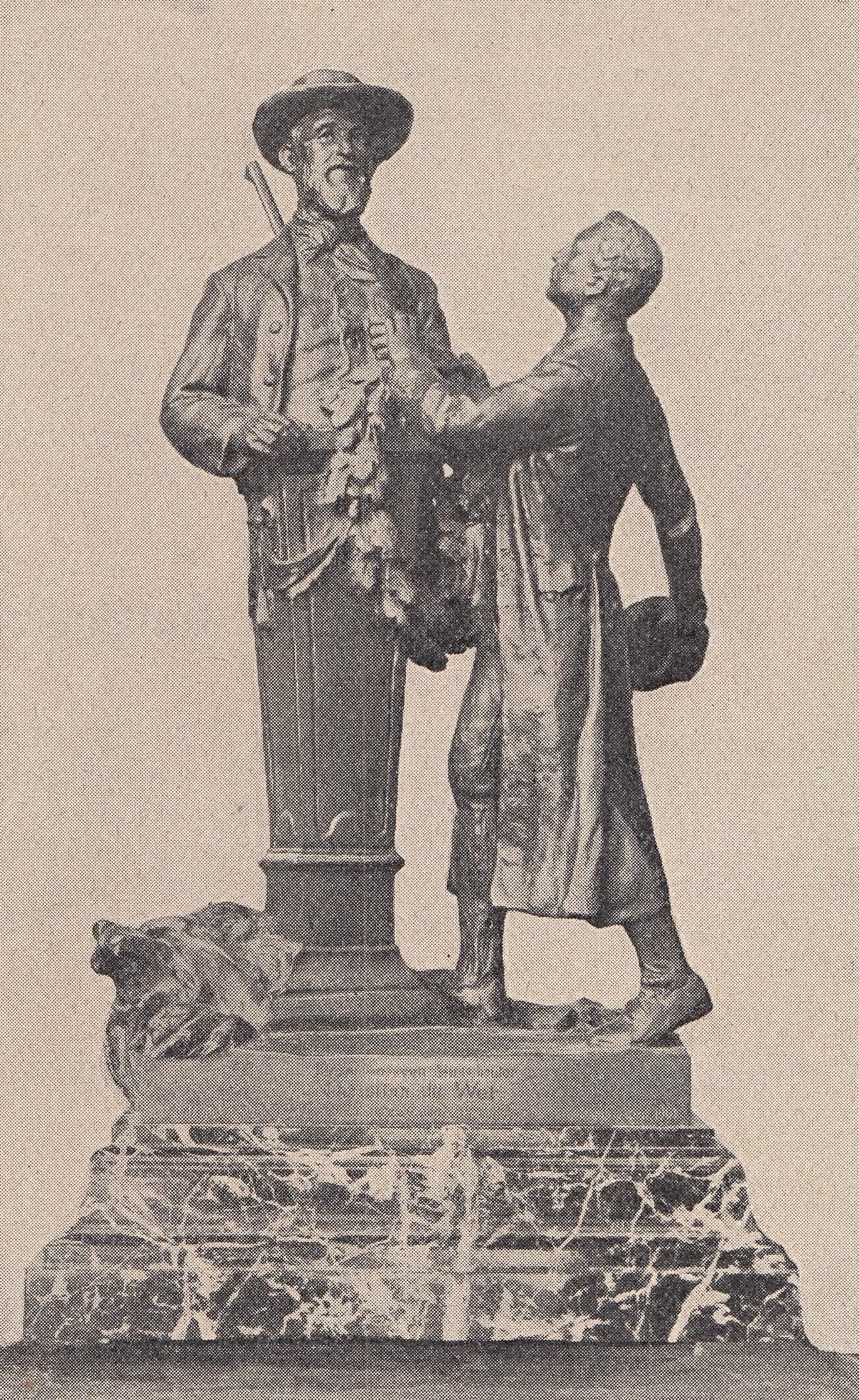Post from "The Heritage Portal" / Johannesburg Heritage from Tilmann Ziegenhain (reposting here for traction, happy to remove if it offends):
My name is Tilmann Ziegenhain, I am a German social worker and (part-time) journalist. As part of a more or less voluntary project, I am currently researching the history of the city of Wiesbaden, where I was born and grew up. The plan is to publish the manuscript with a small publishing house for regional history, which has already received the manuscript.
That's why I'm reaching out to the community, which has already helped me a lot on another occasion.
One chapter is dedicated to the second Boer War (South African War). In Germany there was a great deal of solidarity with the Boers at the time, many initiatives condemned the attack by Great Britain, collected money, etc. One group collected money for a memorial in honor of Christiaan de Wet, which was then designed by the artist Norbert Pfretzschner. It was bronze and about one meter tall. It shows a farmer handing an oak or laurel wreath to the Boer general. At the bottom is a slain lion and the German inscription: "Ihrem tapferen Blutsbruder Christian Dewet in Stolz und Verehrung 500 deutsche Christiane“ (in English: "To the brave blood brother Christian Dewet in pride and veneration 500 German Christiane”). Below is a contemporary photo of the statue:

The artwork was then sent to Christiaan de Wet in South Africa at some point and must have arrived there. At any rate, it is said that he thanked the Germans personally.
Now I'm trying to find out whether this statue still exists today and where it is. It would be great to find out whether it is somewhere with descendants of the general or whether it is in a museum etc.
Does anyone have any ideas? If so, I would be delighted to hear from you!
Many thanks in advance, best wishes from Germany.
tilmann.ziegenhain@googlemail.com
Original The Heritage Portal article here:
https://www.theheritageportal.co.za/notice/does-anyone-know-where-b...




